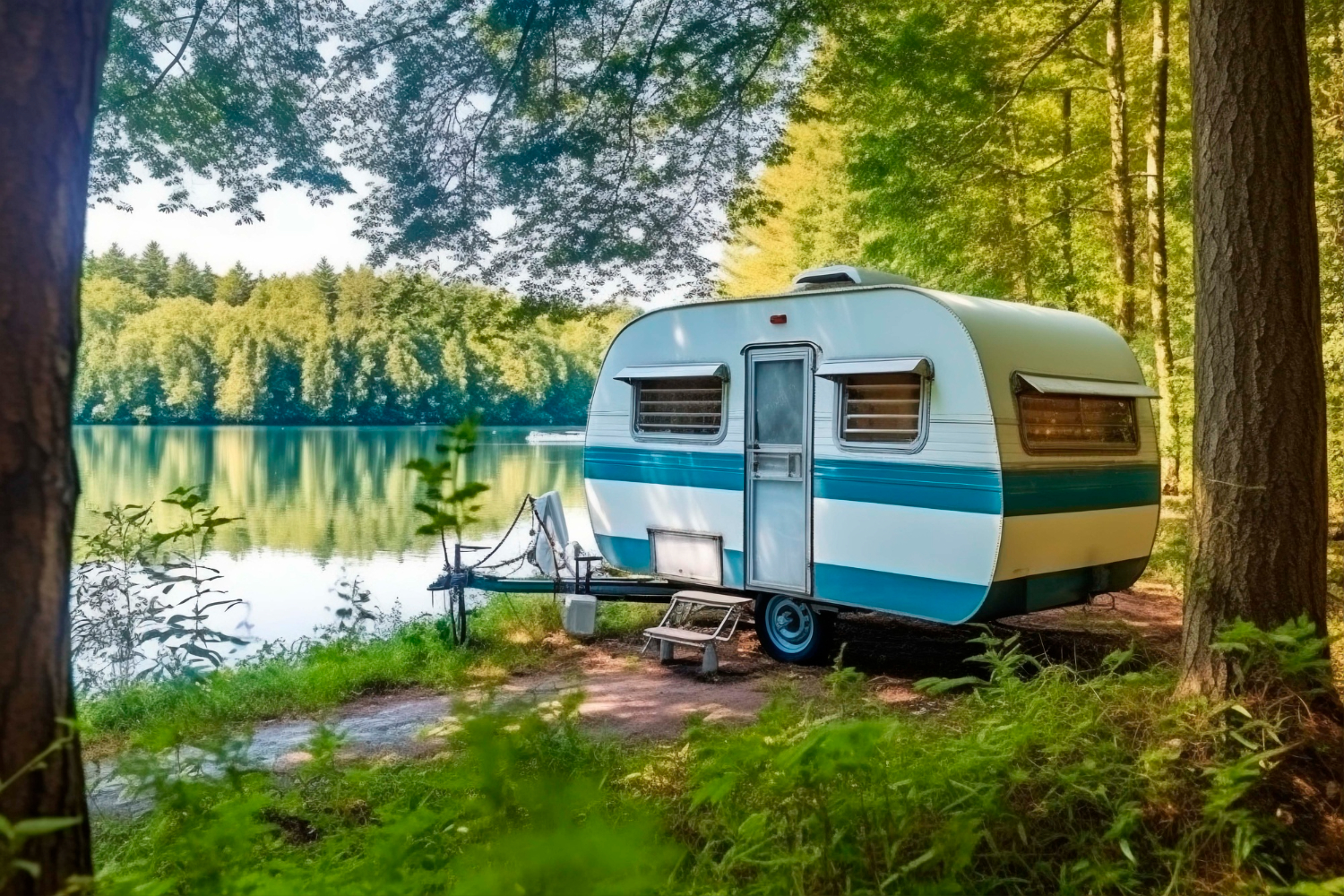When it comes to insuring your trailer, one of the key factors insurance companies consider is how you use your trailer. Whether you’re hauling goods for your business, transporting personal items, or using it occasionally for recreational purposes, your trailer usage plays a major role in determining your insurance premiums.
In this article, we’ll explore how different types of trailer use impact your insurance rates and what you can do to find the best coverage that fits your needs.
Why Does Usage Matter?
Insurance providers assess risk based on how likely you are to make a claim. The more frequently and intensively you use your trailer, the greater the risk of accidents, damage, or theft, which can drive up your premiums. Conversely, occasional or low-risk use may qualify for lower rates.
Types of Trailer Usage and Their Impact on Insurance
1. Personal Use
If you use your trailer for personal tasks like moving furniture, transporting recreational vehicles, or hauling equipment for hobbies, insurers often view this as lower risk. Personal-use trailers usually carry lower premiums because the usage is less frequent and generally involves less liability.
2. Commercial Use
Trailers used for business purposes—hauling goods, tools, or equipment for a company—are considered higher risk. Commercial trailers are exposed to more wear and tear, longer distances, and possibly more liability. As a result, commercial trailer insurance premiums tend to be higher.
3. Occasional or Seasonal Use
If you only use your trailer during certain seasons or for specific events, like camping trips or boating season, some insurers may offer discounted rates. However, it’s important to report accurate usage to your insurer to ensure you’re properly covered.
4. Rental or Shared Use
If you rent out your trailer or share it with others, this can increase your insurance costs because you have less control over how the trailer is used and maintained. Some insurers require specialized policies for rental trailers.
How Usage Affects Coverage Options
-
Liability Coverage: Commercial use often requires higher liability limits to protect against claims for damage or injury.
-
Comprehensive and Collision: Frequent use increases the likelihood of damage, so comprehensive and collision coverage may be recommended.
-
Cargo Coverage: For commercial trailers, insuring the cargo itself may be necessary, adding to costs.
Tips to Manage Insurance Costs Based on Usage
-
Be Honest About Usage: Always provide accurate information about how and how often you use your trailer.
-
Choose the Right Policy: Select personal or commercial coverage depending on your trailer’s use.
-
Limit Usage When Possible: If you can reduce your trailer’s usage, you might qualify for lower premiums.
-
Maintain Your Trailer: Regular maintenance reduces breakdowns and claims.
-
Bundle Policies: Consider bundling trailer insurance with your auto or home insurance for discounts.
Your trailer’s usage directly influences your insurance rates. By understanding how different uses impact premiums, you can choose the right coverage that fits your needs and budget. Whether it’s for personal projects or business hauling, proper insurance protects you from financial risks on the road.

